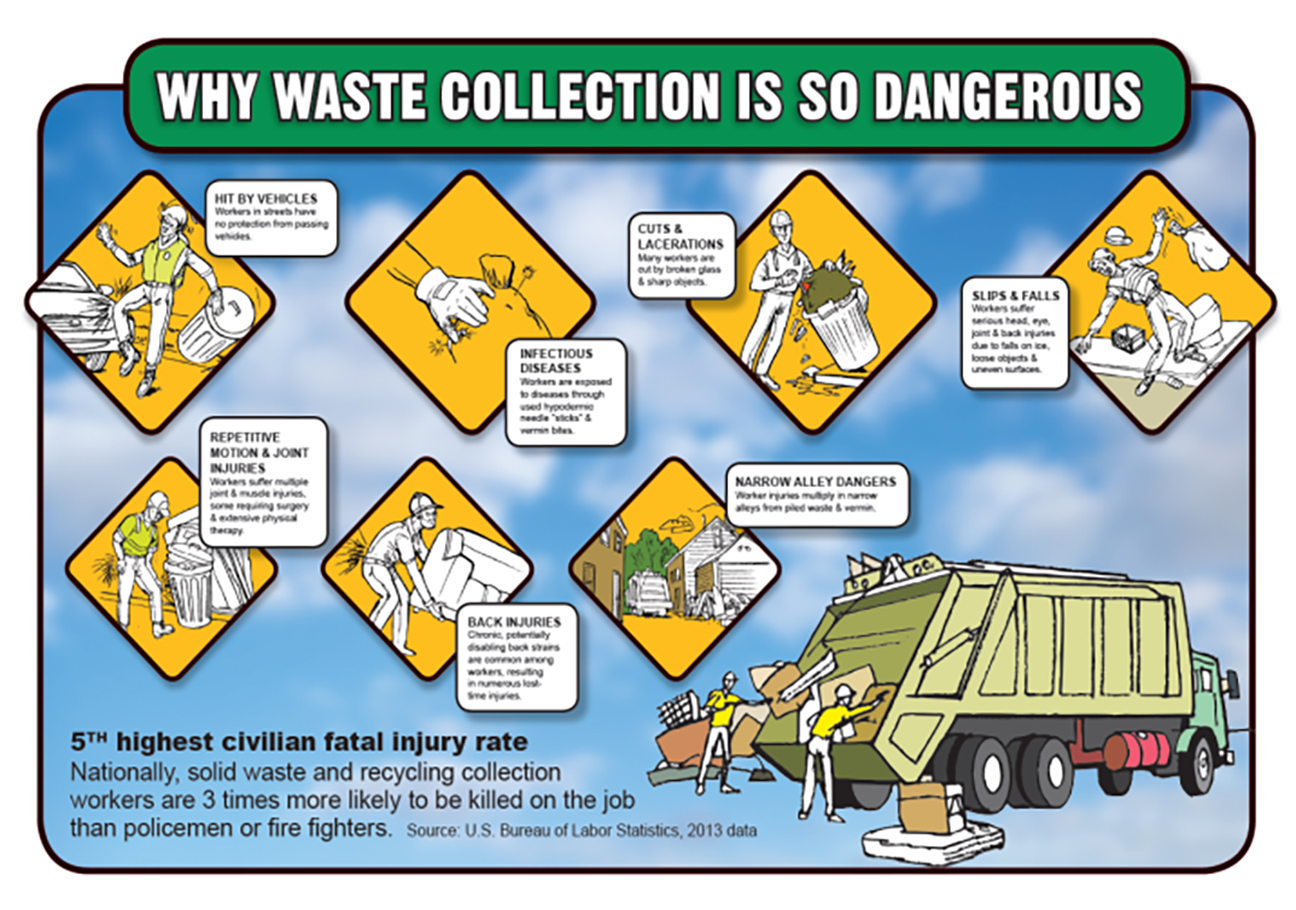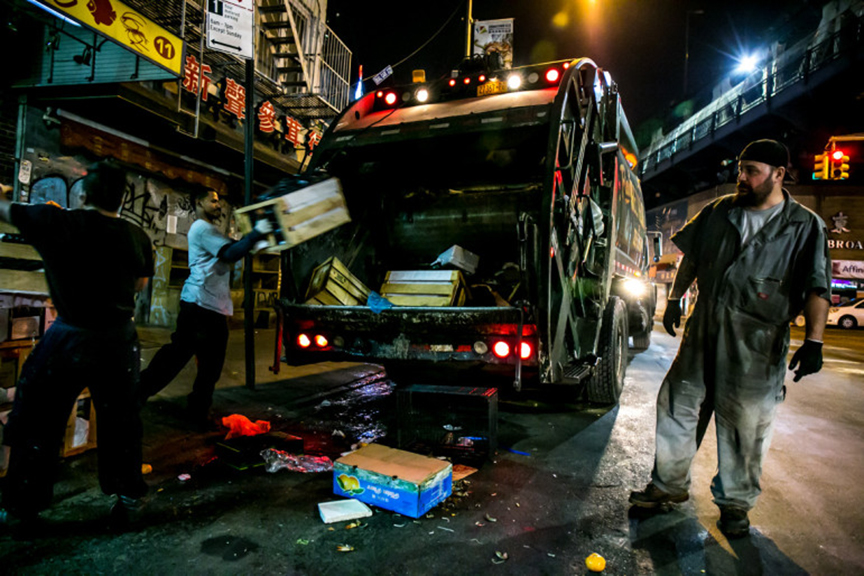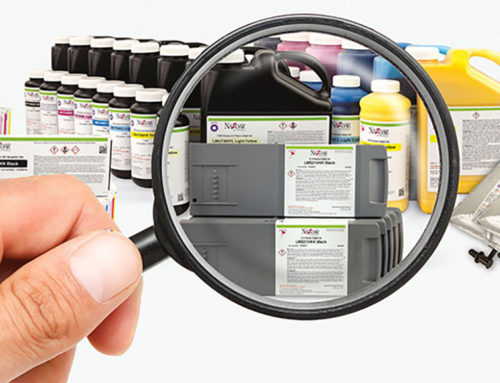The New York City Council’s Committee on Sanitation and Solid Waste Management convened on October 24 for a critical hearing that shone a spotlight on safety concerns within the Department of Sanitation (DSNY) and the numerous private sector solid waste companies operating in the city’s five boroughs. The timing of this hearing is pivotal, coinciding with significant changes in the city’s oversight of solid waste collection. DSNY is now mandating that both residential and commercial customers transition from using traditional black bags to waste containers, and reduce the time waste can linger at the curb.
This comprehensive hearing meticulously reviewed safety aspects concerning both sanitation workers and the well-being of pedestrians and motorists. It was revealed that DSNY and private sector waste management firms are grappling with ongoing safety challenges. During the hearing, DSNY disclosed a concerning figure of 760 worker injuries in Fiscal Year 2023, drawing attention to the urgent need for addressing safety issues. Additionally, the Committee’s hearing report unveiled a series of accidents and incidents linked to private companies, with the majority occurring prior to the year 2020.

David Biderman, an expert in the field of solid waste safety, underscored the increasing threat posed by e-bikes and lithium-ion batteries to waste collection workers and their vehicles. Nevertheless, Biderman also pointed out that the number of fatal incidents involving private sector trucks has significantly decreased in recent years. One striking testimonial came from Paul Zambotta of Mr. T Carting, who recounted a harrowing incident in which he was struck by a vehicle while on a collection route in Brooklyn just last year.
Multiple union representatives testified passionately, emphasizing that worker safety must be a paramount concern for both DSNY and private sector waste management entities. Several of these representatives drew attention to the impending implementation of the City’s Commercial Waste Zone (CWZ) plan. Under this initiative, DSNY is in the process of selecting three companies authorized to serve commercial customers in each of the 20 new zones. This non-exclusive franchise system, initially legislated by the City Council in 2019 and subsequently delayed by the COVID-19 pandemic, is anticipated to commence in the coming year. The ramifications of this move are expected to be far-reaching, significantly transforming the landscape of solid waste collection in New York City.
Committee Chair Sandy Nurse and other members probed witnesses with questions specifically related to the CWZ plan, seeking to gain valuable insights into its implications and operational details. As multiple new regulatory programs move forward in tandem, both DSNY and private waste management companies operating within New York City should anticipate a continual evolution in operational practices and safety measures in the months ahead and throughout 2024. The safety of workers and the general public remains a top priority, ensuring that this crucial aspect of city management continues to adapt to the ever-changing urban landscape.






